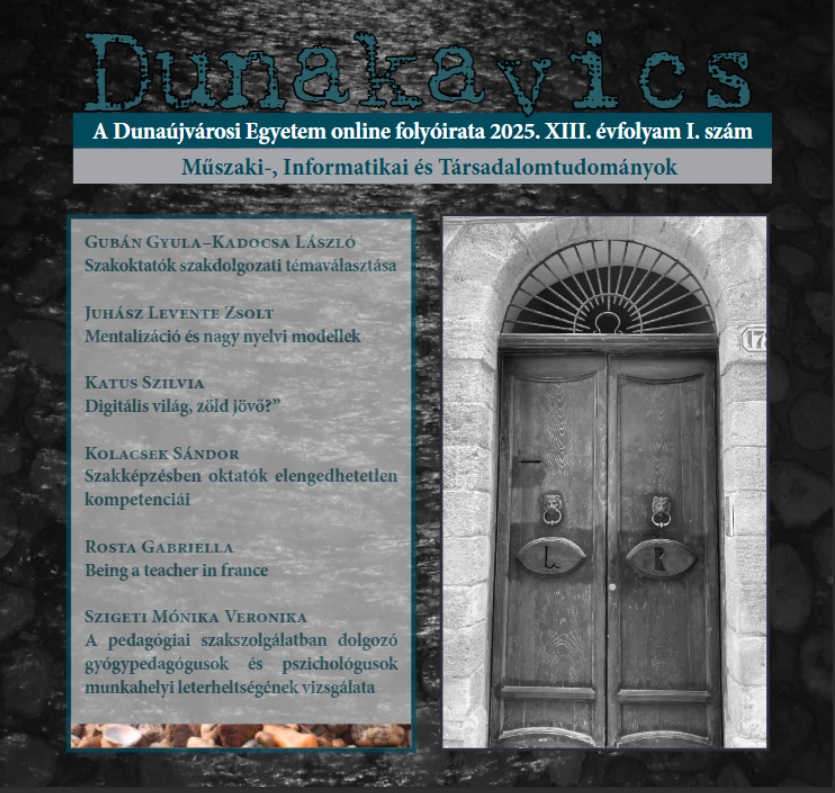Digitális világ, zöld jövő?” – Az alfa generáció környezethez fűződő viszonya
Absztrakt
A környezeti nevelés egyre hangsúlyosabb szerepet tölt be a hazai oktatásban, célja nem csupán ismeretek átadása, hanem a fenntarthatósághoz szükséges értékek és készségek megalapozása is. Az alfa generáció tagjai – akik már digitális környezetben nőnek fel – potenciálisan kulcsszereplői lehetnek egy tudatosabb jövő formálásának. Kutatásomban arra keresem a választ, hogy milyen mértékben hatott rájuk az óvodai és általános iskolai környezeti nevelés: kialakult-e bennük a környezettudatos gondolkodás, illetve az ezzel járó cselekvési hajlandóság. A vizsgálat során 95 kilencedikes diák környezeti ismereteit és attitűdjeit mértem fel kérdőívek és csoportos interjúk segítségével. Az eredmények alapján a tanulók bizonyos környezeti alapfogalmakat ismernek, nyitottak a fenntarthatóság eszméjére, de a mélyebb ökológiai összefüggések és a mindennapi cselekvésekben való következetesség még hiányos. A válaszokból kirajzolódik, hogy az iskolai környezet jelentős befolyással bír a környezettudatos viselkedés kialakulására, és kiemelkedő szerepe van a pedagógusok szemléletformáló munkájának. A kutatás megerősíti, hogy a környezeti nevelés hatékonysága intézményi és pedagógusi szinten is jelentős eltéréseket mutat, így a jövő szempontjából elengedhetetlen a pedagógusképzés erősítése ezen a területen.




